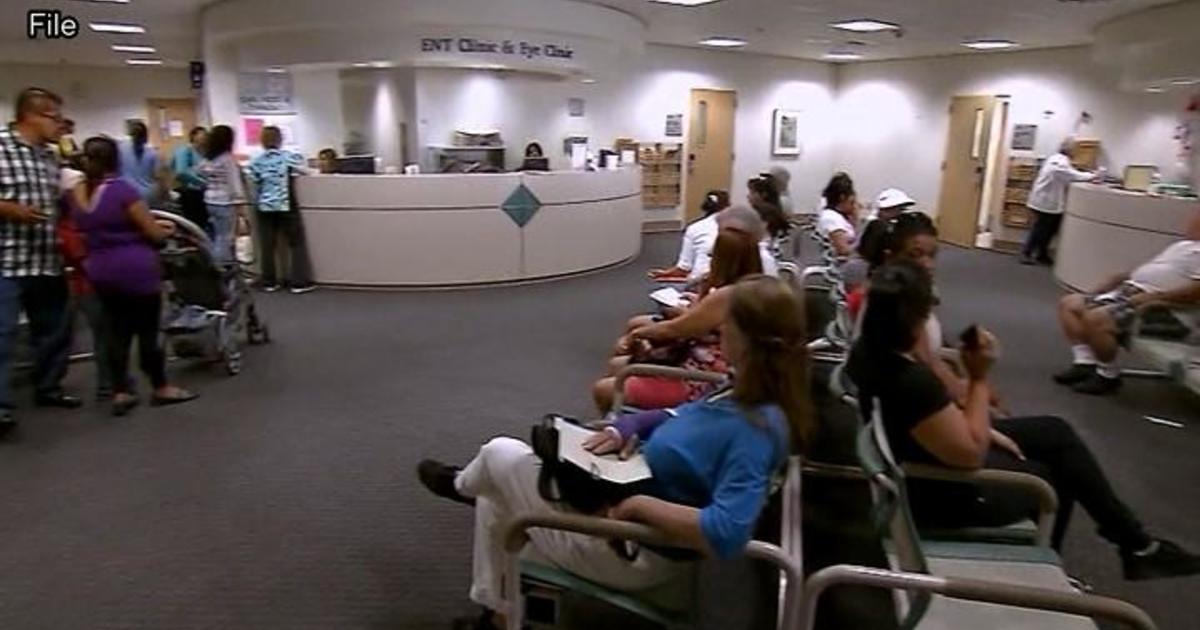Study Finds Red Light Cameras Cut Fatal Crashes
WASHINGTON (WJZ) -- Red light cameras were sold to the public as a way to reduce serious accidents, but some saw it as a new revenue stream for strapped cities. Now the first nationwide study includes Baltimore.
Mike Schuh has more.
These were installed to get people's attention. Run the red, pay the fine and next time you'll probably stop instead of blowing through. This study confirms that idea.
When red light cameras started appearing on lampposts around town, something remarkable happened.
"At a typical intersection, we expect once a red light camera goes in, the reductions may go down by 60-80 percent," said Randall Scott, Traffic Division.
It stands to reason a reduction in violations will mean a reduction in bad crashes. In fact, that's what has happened. A study of 14 cities over four years shows 159 lives saved, a 24 percent reduction in fatalities. In Baltimore, we had a 14 percent reduction.
So what does that mean? How many people are unknowingly alive because they weren't involved in a red light crash? In Baltimore, over four years, three.
Unblinking and ever watchful, some motorists see the camera as a big brother revenue generator. The city has collected millions in fines, but they say the study proves the safety benefits.
"It supports the idea that red light cameras are effective, so that indicates that that's a tool we have to look at," Scott said.
AAA chooses its words carefully in support of the cameras.
"The study provides evidence that red light cameras can save lives when the goal is to make roads safer, not revenue generation," said Christine Delise, AAA.
There are 78 red light cameras now. The city expects to add two or three per year.
There are 99 cities in America with populations of 200,000 or more. The authors of the study calculate that 815 lives would have been saved if all of the cities used red light cameras.
The Insurance Institute for Highway Safety says those who run red lights are most likely to be younger, with poor driving records. They are not likely to wear seat belts.



